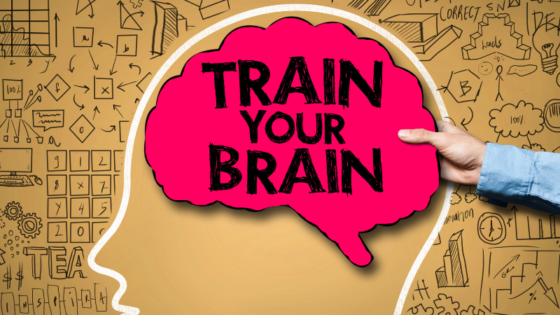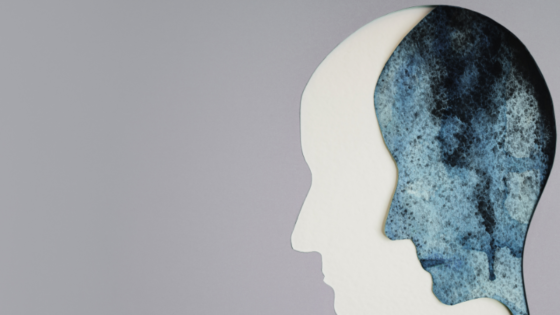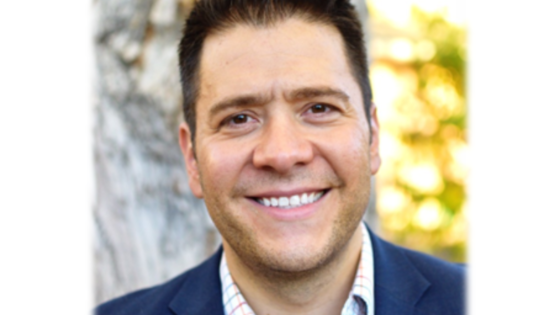By: Joseph M. Casciani, PhD, Geropsychologist & Mental Health Practitioner
This BETTER, LONGER & HAPPIER GUIDE implements the experiences and insights of a geropsychologist with a 4- decade mental health history with older adults. This is particularly evident in these Modules regarding the importance of helping older adults celebrate and embrace aging in whatever shape and form it takes. This GUIDE, in essence, provides the keys to psychologically healthy aging.
User Audience
This program is designed for staff who create, plan, and deliver wellness and lifestyle programs at Independent and Assisted Living Facilities, as well as corporate trainers, and senior community organizations. These Directors are responsible for life enhancement, resident services, activities, or life enrichment programs. Collectively, the target audience is referred to as “Program Directors.” With this series of Modules in hand, Directors are given new tools that will not only make their job easier but also help them do a better job by seeing the psychological, cognitive, and interpersonal growth of their residents.
The users of this GUIDE are open to new tools to help senior re sidents shift their thinking about possibilities and opportunities in their future. The tools help to shift resident attitudes about aging and learn new skills. Program Directors see themselves doing a better job and, importantly, expect better results when they deliver this content. In some instances, Program Directors may have experienced a measure of their own job burnout, and their efforts to inspire and support residents may be waning. Despite their commitment to this population, this GUIDE can restore optimism and hope when performing their roles. Further, Program Directors will find themselves encouraged to reexamine their own attitudes about aging and challenge their own misconceptions about the uplifted changes in outlook that are possible. This expected outcome is unique to the program.













